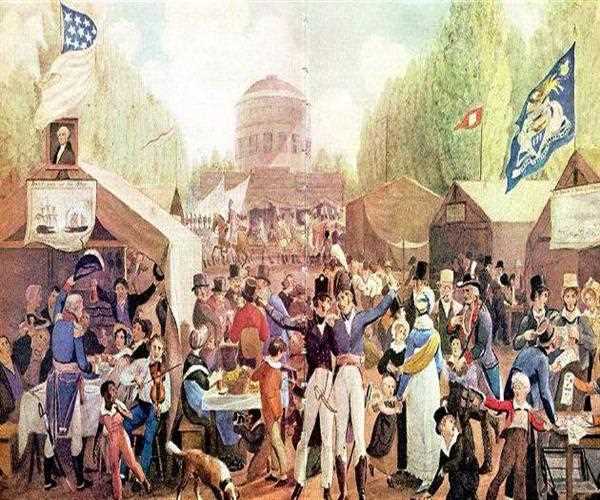
James Monroe's administration (1817-1825) introduced what got known as the Era of Good Feelings, in view of on the significant level of assurance and financial thriving in the post-war period. Monroe assumed a critical function during the War of 1812, filling in as President Madison's Secretary of State and, during the last aspect of the war, likewise holding the bureau post of Secretary of War. As president, Monroe figured the U.S. international strategy viewing Latin America known as the Monroe Doctrine.
The Era of Good Feelings denoted a period in the political history of the United States that mirrored a feeling of public reason and a craving for solidarity among Americans in the result of the War of 1812.
The time saw the breakdown of the Federalist Party and a conclusion to the unpleasant sectarian questions among it and the predominant Democratic-Republican Party during the First Party System.
President James Monroe endeavored to minimize sectarian alliance in making his assignments, with a definitive objective of public solidarity and killing ideological groups out and out from public governmental issues The period is so firmly connected with Monroe's administration) and his authoritative objectives that his name and the time are for all intents and purposes interchangeable